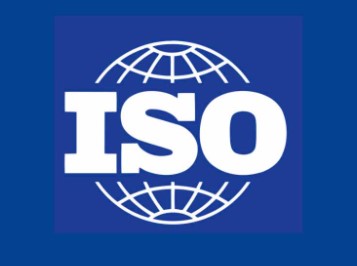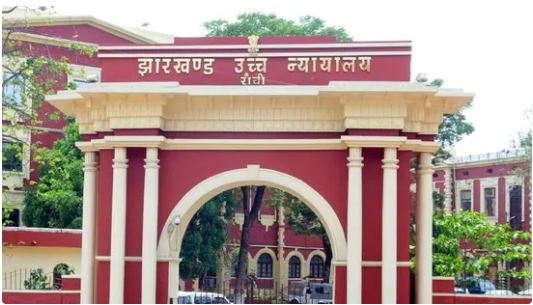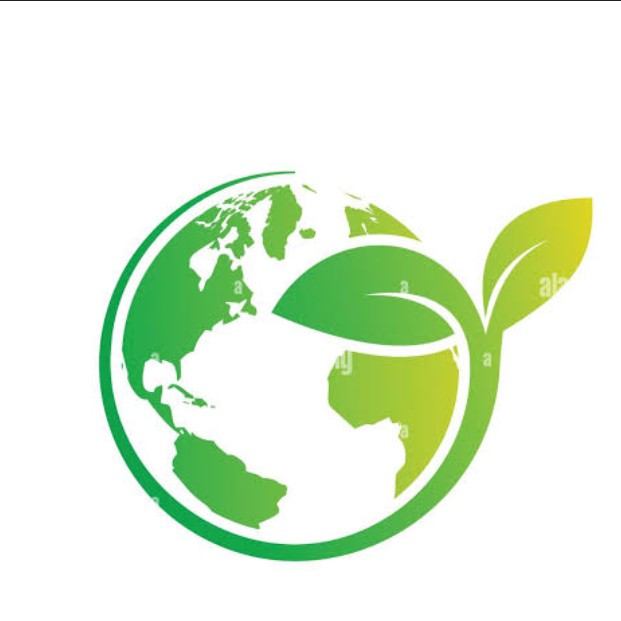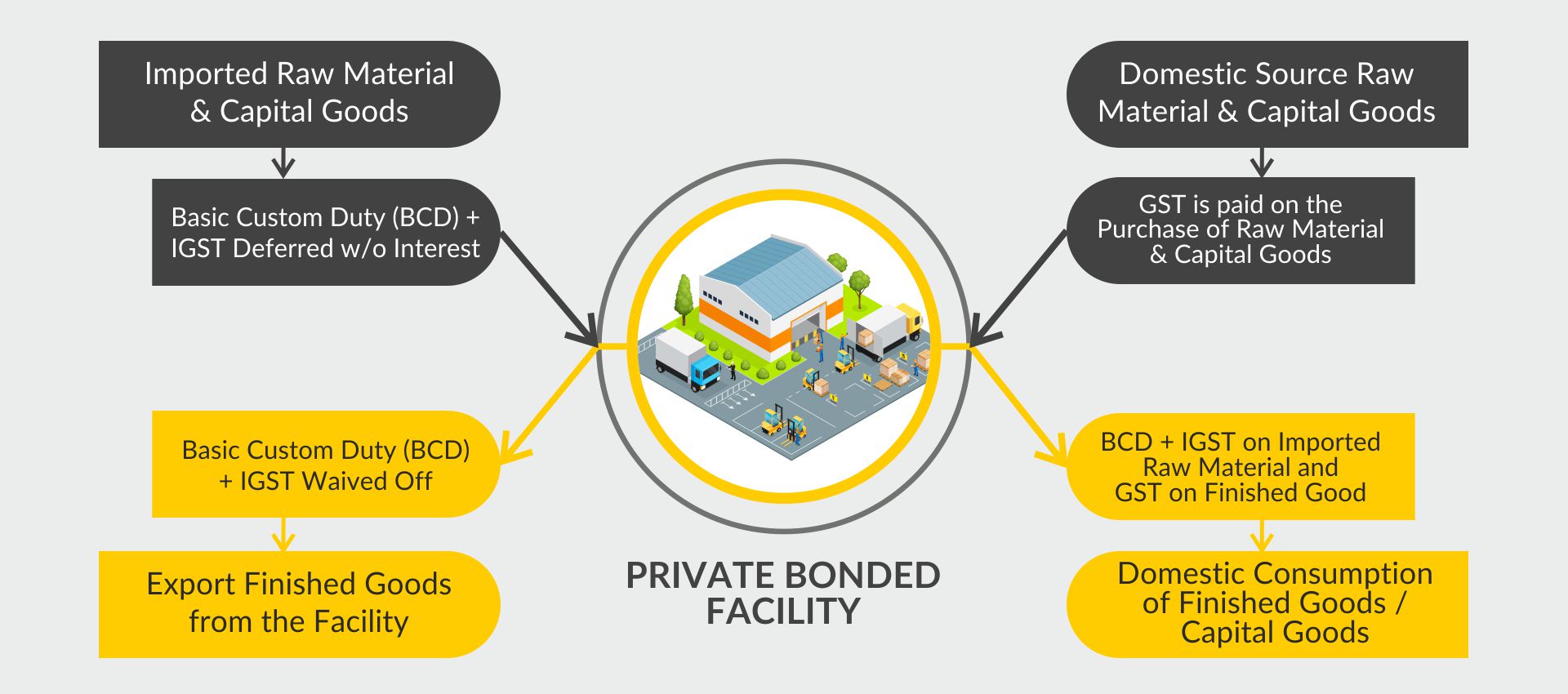Your cart is currently empty!
Our Prominent Clients

BORN IN INDIA I SERVED FROM INDIA I TO THE GLOBE
Dated: 26.06.2021
Is your organization ISO Certified
Have you ever realized the importance of having ISO certification done for your organization or product or Services?? If NO, then you are actually missing out on the prospect of hitting the right note in the Quality conscious market and connecting with the right customer.
We have presented the short synopsis of the top 10 ISO standards/certifications which are in demand and which organizations should focus upon.
- ISO / IEC 27000 – Information Security Management Systems: It helps organizations to manage the security of assets such as intellectual property, financial and employee data, and information held in trust for third parties. ISO/IEC 27001 is the most popular standard in this category, and stipulates the specifications for the implementation of an Information Security Management System (ISMS)
- ISO 31000: 2018 – Risk Management: ISO 31000 cannot be used for certification purposes, but it provides a framework for managing risks. It offers guidance to organizations for internal and external audit programs, and enables organizations to achieve objectives in an uncertain environment by facilitating the identification of opportunities and threats.
- ISO 9000 – Quality Management: ISO quality standards guide companies and equip them with the necessary tools to continuously improve quality and ensure that customer demands are always met. ISO 9001:2015 is the only standard in the category that you can be certified to, and lays down the criteria for a quality management system.
- ISO 14000 – Environmental Management (EM): ISO 14001 and all other standards in this category lay emphasis on environmental systems. This is a family of standards that provides the necessary tools and guidelines for companies to manage their environmental responsibilities.
- ISO 50001: 2018 – Energy Management: It provides guidance for companies in implementing an Energy Management System (EnMS) that aims at improving efficiency in the use of energy. This aims to reduce an organization’s energy footprint by minimizing greenhouse gas emissions. ISO 50001 is not obligatory though.
- ISO 26000: 2010 – Social Responsibility: An organization cannot be certified to ISO 26000, the standard provides guidance on how organizations can embrace social responsibility. It clarifies what social responsibility entails for organizations to lay a framework for effective action.
- ISO 28000: 2007 – Specifications for Security Management Systems for the Supply Chain: It is applicable to all types of organizations and provides guidance on all activities controlled by companies that affect supply chain security. It is crucial in the management of supply chains in manufacturing, service, storage, and transportation etc.
- ISO 37001: 2016 Anti-Bribery Management Systems: This standard stipulates the requirements and provides guidance in establishing, implementing and continuous improvement of an anti-bribery management system. It can be a stand-alone system or can be implemented into the overall management system.
- ISO 45001 – Occupational Health and Safety (OHS): ISO has developed ISO 45001. That has replaced or taken into account international standards like OHSAs 18001 and IL-OSH guidelines. It provides a framework for employee safety, reducing workplace hazards and provide safer working environments.
- ISO 22000 – Food Management Systems: It incorporates a wide array of standards, including 22002 for food manufacturing and 22001 for food and drink. This standard is widely used by food manufacturers, restaurants, and food transportation services.
- ISO 13485 Medical Devices — Quality management systems — Requirements for regulatory purposes: It is an International Organization for Standardization (ISO) standard published for the first time in 1996; it represents the requirements for a comprehensive quality management system for the design and manufacture of medical devices. This standard supersedes earlier documents such as EN 46001 (1993 and 1996) and EN 46002 (1996), the previously published ISO 13485 (1996 and 2003), and ISO 13488 (also 1996). The current ISO 13485 edition was published on 1 March 2016.
There are over 8 Major segments of ISO certifications as listed below-
Contents
- ISO 1 – ISO 19999
- ISO 20000 – ISO 29999
- ISO 30000 – ISO 39999
- ISO 40000 – ISO 49999
- ISO 50000 – ISO 59999
- ISO 60000 – ISO 69999
- ISO 80000 – ISO 89999
- ISO 90000 – ISO 99999
ISO International Standards help businesses of any size and sector reduce costs, increase productivity and access new markets.
For small to medium sized enterprises (SMEs), standards can help to:
- Build customer confidence that your products are safe and reliable
- Meet regulation requirements, at a lower cost
- Reduce costs across all aspects of your business
- Gain market access across the world
So who is eligible to grant ISO 9001 certification? Many people assume that ISO grants certification, but in fact, this is not true, instead, a registrar or certification body (CB) will be the one to grant certification. When choosing a registrar you should make sure that they are accredited. They should be a member of the International Accreditation Forum (IAF), and additionally need to be ISO/IEC 17021:2015 certified.
One of these standards is ISO/IEC 17021:2015 Conformity assessment “Requirements for bodies providing audit and certification of management systems“, which in effect stipulates the requirements for Registrars who certify organizations to ISO management standards like ISO 9001, ISO 14001, etc. People often say “ISO Certified” but ISO does not issue certificates or certify individual companies to any standard.
So who can Grant ISO 9001 Certification? They are issued by certification/registration bodies (also called Registrars or CB’s), which are independent of ISO. CB’s need to be accredited by an IAF member to be internationally recognized.
ISO/IEC 17021 ensures international acceptance of the CB’s certifications (i.e. your ISO 9001:2008 certificate) by requiring that all Accreditation bodies (ANAB, etc.) belong to an internationally accredited organization, like the IAF. Likewise, the IAF ensures that CB’s comply with ISO/IEC 17021. Some Quality System Registrars are not accredited by IAF, and thus are not meeting ISO 17021 — and will not be internationally recognized. Make sure that you choose a Registrar who is accredited by an IAF member.
We are an ISO 9001: 2015 and ISO 27001: 2013 certified company assisting clients and businesses in the domain of Trade advisory and Management consultancy, Sourcing, International Logistics and Supply Chain planning, Customs compliance, all sorts of licensing and Quality certifications needs with regards to an Organization or product or services for Exports and Imports or domestic sales or manufacturing, Legal consultancy on EXIM affairs and policy matters & Legal affairs and Liasioning related to land acquisitions for Industrial purposes and projects(newly added into our portfolio).
Connect with us-
@ Team S.J. EXIM SERVICES/Call @ +91-9999005379
Web: www.sjexim.services
EMAIL: intelconsul@gmail.com I info.qfreight@gmail.com
Facebook: www.facebook.com/sjeximservices I www.facebook.com/CCQFreight
“We Design & Create Solutions for Government, Corporates, MSME & Individuals across Industry Verticals”
NOTE: All Inquiries are solicited via email only.
Disclaimer: Please refer to the appropriate ISO standard before effecting decision.
Hello,
I’m Mimansa

Welcome to SJ EXIM, your corner of the internet dedicated to all things related to Indirect tax I Customs I Arbitration I Insolvency Advisory in India. Let’s craft a solution for you! Connect via email…..
Let’s connect
Follow our Updates/News!
Stay updated & join our newsletter.























Leave a Reply